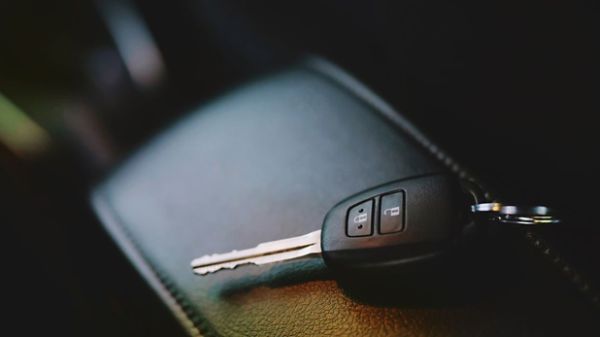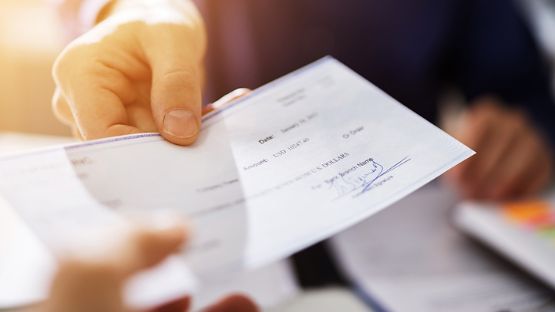Auto theft is a growing crisis
Auto theft is impacting Canadians. Aviva Canada has been advocating for action to better protect Canadians, including providing preventative tips for customers and sharing recommendations with government. We need everyone – government, insurers, vehicle manufacturers, law enforcement, and consumers – to make it right.

Aviva warns of ongoing scams
Contacted by a fraudster or fallen victim to a scam?
Report this to us right away. We'll take it from here and let you know what you need to do to stay safe.
We're helping you
We know your security is important to you and to us too... And while things have changed recently, protecting you from fraud remains a top priority for us.
You can now report if you've seen or heard anything suspicious that appears to be coming from us or relates to any of our products – and we'll look into it for you.
And to help you protect yourself, we've also put together handy tips and practical advice on what to look for to keep you secure.

11 Jul 2024
Safeguarding your valuables

19 Mar 2024
How to make the most of your accident benefits coverage

1 Mar 2024
The venerable vendor – Benefits of using preferred vendors for your insurance claim

29 Nov 2023
You could be driving a stolen Re-VIN vehicle: What you need to know before purchasing your next vehicle
The answer
No one can solve this problem on their own. Everyone has a role to play. Learn more about what you can do and what you can expect insurers and your government representatives to do on your behalf.
More on fraud prevention
How to avoid being scammed
Because of the current climate, lots of us are spending more time at home. You may be working or just browsing the internet to pass the time. Despite the uncertain times we’re living in, it’s business as usual for scammers.
How to keep your devices and online information safe
Malware can cause a whole lot of trouble if it finds its way onto your device. So it’s worth knowing how to tell if it’s lurking around — and how to put a stop to it doing damage.
How to spot a romance scam
Before you think you’ve found the perfect partner online, you need to be sure you haven’t fallen for a romance scammer. It may sound farfetched but these scams are on the rise and can be extremely convincing.
Five ways to enjoy the sales – without getting scammed
As you’re searching for the best deals online, here are some ways to avoid getting duped when you’re trying to get a discount.




















